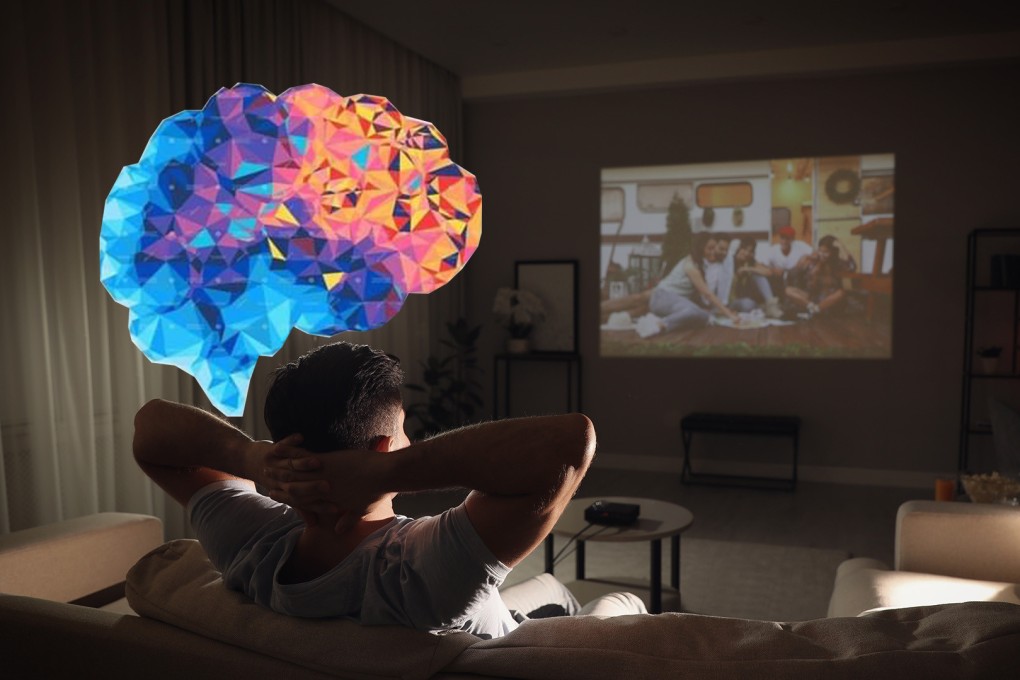‘It’s not a scam’: Hong Kong university offers paid Netflix viewing - all in the name of science
- Researchers seek answers about how the brain processes words, sounds and images
- Participants will have 64 harmless electrodes attached to their heads to measure brain activity

Getting paid to watch Netflix seems too good to be true. But that’s exactly what Hong Kong Polytechnic University (PolyU) is offering - and it’s all in the name of science.
“No, it’s not a scam,” said Dr Stephen Politzer-Ahles, a former researcher with PolyU’s Department of Chinese and Bilingual Studies who now works with the Department of Linguistics, University of Kansas.
“We’re recruiting for a neuroscience experiment to better understand how the brain processes language,” said Politzer-Ahles, the study’s principal investigator.

The study – in which participants will have 64 harmless electrodes attached to their heads - will measure the brain’s response to words, sounds and pictures. Each person selected to take part will receive HK$300 (US$38) for three hours of Netflix viewing – about three times Hong Kong’s minimum hourly wage.
“We are investigating automatic, unconscious, cognitive processes, so we need participants from a fairly similar sample group. That means native English speakers aged between 18 and 55.
“We are very conscious of how sensitive it is to ask for native English speakers, but we’re looking at the brain’s automatic processing of language, and research shows that the way your brain processes language could be different with your native language versus a language learned as an adult. This might sound unfair but we need to keep the study consistent to get the most accurate results,” he said.

Dr Bernard Jap, a post-doctoral fellow at PolyU added that participants must also be right-handed in the interests of scientific consistency, adding that the experiments will help with research into schizophrenia and autism.